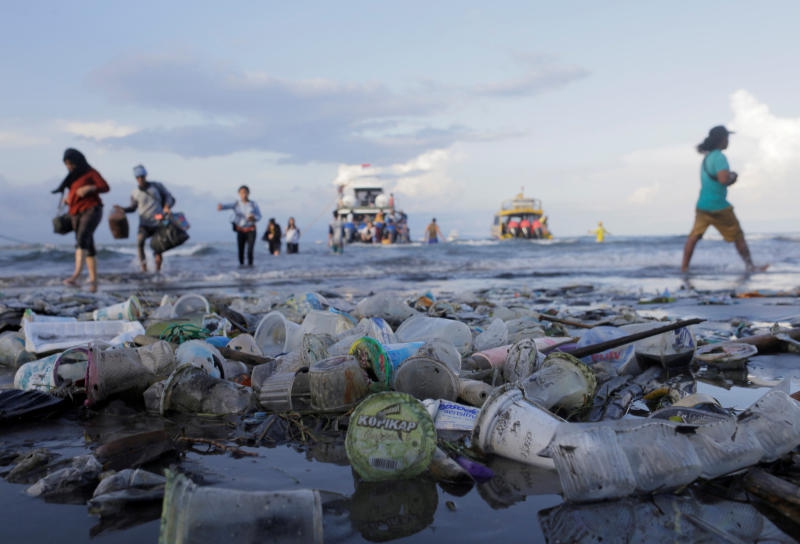
Africa is hungry for energy. According to the World Economic Forum (WEF), only 24 per cent of sub-Saharan Africans have access to electricity, and the energy generation capacity of the African continent (excluding South Africa) is only 28 Gigawatts, equal to that of Argentina alone.
With the current state of low energy consumption and access, even individuals connected to a power grid experience, on average, 54 days of power outage a year; that’s darkness for 15 per cent of the year. The WEF also projected that the demand for energy solutions was only set to rise with increasing population, urbanisation and economic productivity.